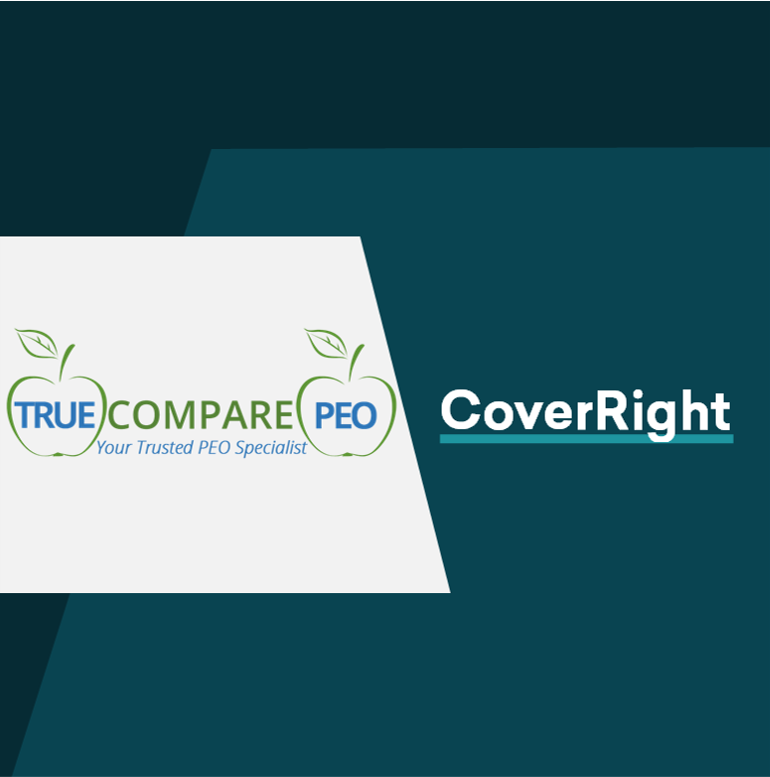Do You Want Guaranteed Medicare Coverage that Covers Preexisting Conditions with No Questions Asked? Read On!
We hear this question a lot . . .
Are Medicare Advantage plans guaranteed issue?
It is an interesting question since some confusion is built into the question itself. Let’s break it down and dive in.
First, what is a guaranteed issue policy?
“Guaranteed issue” means that the insurance company guarantees that it will issue you a policy at the best rate without any underwriting for health or preexisting conditions. You cannot be denied a policy.
What’s the confusion with the initial question?
The concept of guaranteed issue only applies to Medicare Supplement plans (aka Medigap) where you get supplemental Medicare insurance from a private insurance company. This concept doesn’t apply to Medicare Advantage (we will explain more below). The government is not involved in approving or covering these costs.
There are Federal rules the insurance companies must follow and the big one, which we will focus on in this post, is the requirement to offer anyone who wants a Medicare Supplement policy the opportunity to get one with no questions asked. However, that option does come with a few rules of its own.
When can you enroll in Medicare Supplement with a guarantee issue period?
As with all things Medicare there are windows of time when you can sign up or make changes. In order to qualify for a guaranteed issue Medicare Supplement plan, you must enroll within the first six months after signing up for Medicare Part B. Or if you have a Special Enrollment Period (SEP) that qualifies you for enrollment, you must sign up then. (Note, not all Special Enrollment circumstances qualify for a guaranteed issue period. There are also some states that have specific circumstances where you might be eligible for a guaranteed issue outside of your Medicare Supplement Open Enrollment Period)
Why is guaranteed issue a big deal?
If you’re interested in buying a Medicare Supplement plan and are in your eligibility window for a guaranteed issue policy and happen to have a health condition, this will be the only time to obtain a Medicare Supplement policy at the best rate. Depending on your health condition it might be your only time to get a policy at all. Medicare Insurance companies are not required to issue a policy once your “guaranteed issue window” is over.
If you apply after your initial enrollment period, however, you will be subject to underwriting, after which the insurance company can either deny you a policy or rate the policy at a higher premium.
If a Medicare supplement policy is part of your Medicare plans, don’t miss your window to apply.
How is this similar to other insurance products?
In some ways, a guaranteed issue policy is not unlike the insurance that you probably already have that protects your home or auto. Like those policies, you buy a guaranteed issue healthcare policy directly from an insurance company. But other considerations come into play.
There are specific features and benefits to guaranteed healthcare policies that set them apart from those other forms of insurance. If you sign up for a guaranteed issue policy within six months after you sign up for Medicare Part B, the insurance company that issues the policy…
- Cannot ask you about any preexisting medical conditions or diseases and deny you coverage
- Must offer you the standard lowest price for your policy . . . and cannot charge you higher rates because you don’t fit their underwriting model
- Cannot cancel your policy after you are enrolled . . . unless you fail to pay your premiums
How to be sure you can obtain and benefit from one of these policies
It is best to enroll in a guaranteed issue Medicare Supplement plan as soon as you first sign up for Medicare. For most people that will be during the Initial Enrollment Period. There are some special situations that occur which qualify you for a guaranteed issue policy. If you think you qualify, the CoverRight team is happy to assist you through the process.
So, Are Medicare Advantage Plans Guaranteed Issue or not?
In some ways, Medicare Advantage plans are guaranteed issue. They are overseen by the government, even though your care coverage is administered by a private company. Anyone who wants to sign up for a Medicare Advantage plan (during one of the available enrollment windows) will be issued a policy with no questions asked and no health underwriting.
Keep in mind Medicare Advantage Plans and Medicare Supplement Plans provide medical coverage in different ways. You can learn more about the different cost/payment structures and how the plans work in this video.
In Summary: How to make sure you get the best Medicare coverage you want
- Be sure to enroll during your initial enrollment period. It’s the only way to avoid having additional fees or penalties tacked on later. Also, it’s a way to protect yourself against the possibility that in the future, underwriters at the insurance companies will find a way to increase the cost of their policies or deny you coverage.
- If you can afford to pay for a Medicare Supplement (Medigap) plan, don’t wait to sign up for it. When you first enroll for any Medicare plan at age 65 set up the supplemental coverage and keep it in place.
- Think about any future medical conditions, costs, and concerns when you first enroll at 65.
- Pay your premiums. Your coverage in a Medicare Supplement plan will stop if you don’t pay your premiums. If your policy lapses there is no guarantee the insurance company will reinstate you and if they do, they can raise your premiums based on underwriting standards.
CoverRight is on a mission to make the Medicare plan selection process easy to understand and help you find the best Medicare plans suited to your specific situation. Try our self-guided quiz to see for yourself….
Free Medicare Resources
Recent Posts
What’s the Best Way to Know if Your Medications and Caregivers Will be Covered on Medicare?
Critical Things to Do Before and After Turning 65
Medicare Advantage or Medicare Supplemental Plan . . . Which Is Better?
Critical Considerations Many Seniors Miss When Signing Up for Medicare
Smart Steps to Prepare for Medicare Before You Turn 65



















